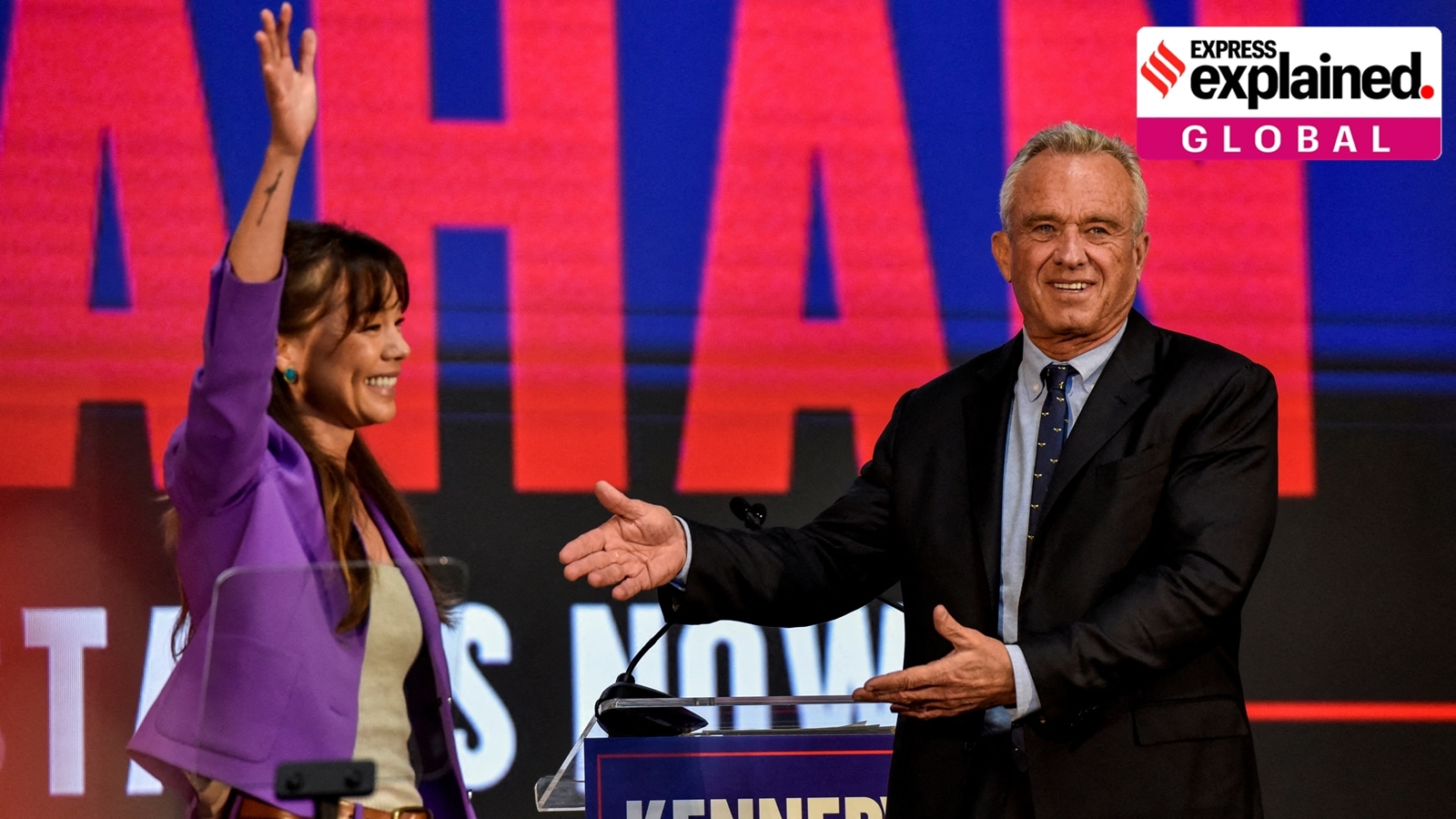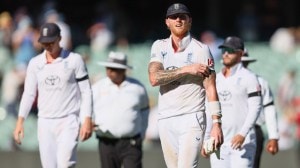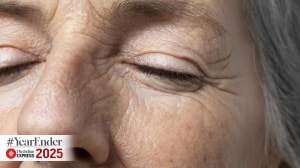Why Robert F Kennedy Jr’s US elections candidacy has Joe Biden sweating
RFK Jr is contesting in the upcoming United States presidential elections as an independent. Will he make a mark?
 Robert F Kennedy Jr next to Nicole Shanahan during a rally in Oakland, California. (REUTERS/Laure Andrillon)
Robert F Kennedy Jr next to Nicole Shanahan during a rally in Oakland, California. (REUTERS/Laure Andrillon)Robert Francis Kennedy Jr, known simply as RFK Jr, is contesting in the upcoming United States presidential elections as an independent, hoping to disrupt the country’s deeply entrenched two-party system.
On Tuesday (March 26), he named Nicole Shanahan, a 38-year old Silicon Valley attorney and entrepreneur, as his running mate. RFK Jr hopes that Shanahan’s deep pockets, rags-to-riches story, and tech sector expertise will provide a boost to his campaign, which, according to some political analysts, has incumbent President Joe Biden sweating.
Here is what you need to know about RFK Jr, and whether he can make a dent into American politics’ established duopoly.
Kennedy scion, environment “hero”, notorious anti-vaxxer
RFK Jr is the son of former US attorney general and senator Robert F Kennedy, and the nephew of former US President John F Kennedy. The 70-year-old has made his career, first as an lawyer, and then as an activist and politician, milking his family name.
After completing law school, RFK Jr had a short stint as assistant district attorney for Manhattan. Following this, he forayed into environmental law, working as an attorney for the Natural Resources Defense Council, and leading Riverkeeper, a nonprofit committed to safeguarding New York’s Hudson River and its surrounding watershed. In 1999, Time magazine hailed him as a “hero for the planet” for his environmental activism.
Over the past two and a half decades, RFK Jr has been one of the leading anti-vaccine voices in the United States, responsible for spreading numerous scientifically debunked conspiracy theories, most notably, the theory which links incidence of autism to vaccines. According to a report by US’s The Week magazine, he “penned an article … that claimed there were links between autism and the thimerosal compound found in vaccines… This essay was torn apart by researchers and journalists who identified multiple errors and seemingly deliberate instances of Kennedy slicing and dicing transcripts and research to prove his conspiracy theory”.
Notably, like his father and uncle, RFK Jr has been a lifelong Democrat. He even challenged (and lost to) President Biden in the party’s primaries last year.
A potential spoiler candidate for Biden
While no third-party candidate in history has sniffed the US presidency — and RFK Jr is unlikely to change this fact — there is nonetheless significant media buzz surrounding the campaign. Some of it has to do with the Kennedy name, of course. But experts also say that the septuagenarian has gotten the Democratic establishment worried.
According to RealClearPolling, Kennedy is currently averaging about 12 percent in the presidential polls — not enough to win him the presidency, but more than enough for him to play spoilsport. Celinda Lake, a pollster associated with the Democratic Party, told Vox that polling and focus groups her firm has been conducting suggest Kennedy will pull voters from Biden.
His campaign seems to be resonating with the so-called “double-haters” — deeply opposed to Donald Trump, but at the same time disaffected with Joe Biden and his presidency. “He’s filling a vacuum. And that vacuum is this disaffected voter vacuum. I think he’s a placeholder more than anything else,” Ipsos political analyst Clifford Young told Vox.
And the Democrats should dismiss him at his own peril. As political analyst Chuck Rocha noted: “Sure, he’s a crazy anti-vaxxer, conspiracy theorist, [rumored] steroid enthusiast, and tough communicator, but at the end of the day, his last name is still Kennedy, and I believe that will allow him to gain way more Democratic votes than Republican”.
RFK Jr’s biggest challenge, however, will be to get on the ballots in all 50 states. The Democratic Party has recently set up a legal team to make sure this does not happen — leverage the US’s complicated ballot rules to ensure that RFK Jr stays off the ballot in key swing states.
Current polling, by-and-large, indicates that former President Donald is likely to make a return to the White House next year. However, the election will be close, no matter who wins, with seven-eight swing states holding key to the presidency.
- 01
- 02
- 03
- 04
- 05






































